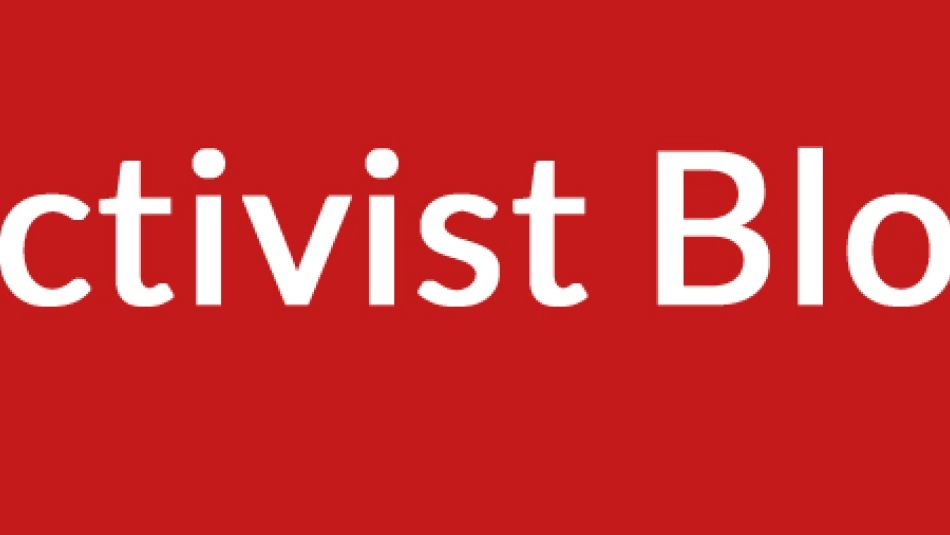
Share
Lisa Kelly is part of an international delegation of trade union women leaders attending the 59th session of the Commission on the Status of Women (UNCSW59), taking place in New York from March 9-20 2015. The session marks the 20th anniversary of the Beijing Declaration and Platform for Action – signed onto by governments who committed to action on a number of issues related to women and girls including violence, poverty, education and training, power and decision making and many other areas.
The trade union delegation is in attendance to try to influence the UN’s post-2015 development agenda, with the inclusion of women’s rights and will urge governments to take bold and immediate steps to deliver on the implementation of the Beijing platform for action.
Here is Lisa Kelly’s second blog from the UN:
On March 9, my day was bookended by my new personal hero, Lydia Alpizar Duran, Executive Director of the Association for Women’s Rights in Development. Ms. Duran was a civil society speaker at the Opening Session. She celebrated the relentless and tireless work of women and girls, organized in all our diversity, in different groups and movements, who are transforming our world. And she spoke boldly about the limited progress achieved on equality. She told us that “the overwhelming lack of political commitment and financial resources, plain old sexism and misogyny, along with increasing religious fundamentalisms have affected the quality of the agreements produced by governments within the UN and at other levels.” All these have impeded the fulfilment of key commitments made by governments and other actors in Beijing 20 years ago.
Ms. Duran’s mention of the worrying trend of criminalization of social dissent, repression and shrinking democratic space in many countries was very timely in connection with recent events in Canada. She identified this trend as affecting the UN and hampering meaningful participation by civil society. “The process of negotiations on the political declaration that the CSW will adopt today – in which civil society was largely excluded - represents a step backward” Duran said. “20 years after Beijing, we cannot afford to go back.”
My day ended with Ms. Duran moderating the first ever CSW panel on lesbian, bisexual, transgender and intersex rights held inside the UN building. The topic was Role of Government in Fighting Discrimination against Lesbian, Bisexual, Transgender and Intersex Women in the Regions of the World. Ms. Duran declared herself a lesbian, feminist activist and again asked us to celebrate our gains.
The panel of seven governmental and UN representatives provided examples of best practices and challenges from areas such as Netherlands, Aruba, Philippines, and the EU. All panelists acknowledged the difference between legal equality and actual full equality. And all panelists also agreed that equality of lesbians, bisexual, transgender and intersex women is integral to bringing full equality for all women and girls.
During the question and answer period, an audience member attacked Ms. Duran for not mentioning mothers and unborn children in her opening. He followed with a question that made an assumption that lesbians do not have children. Ms. Duran tactfully and beautifully replied that the panel needed to wrap up quickly because, as a lesbian mother, she needed to get her son to bed.


